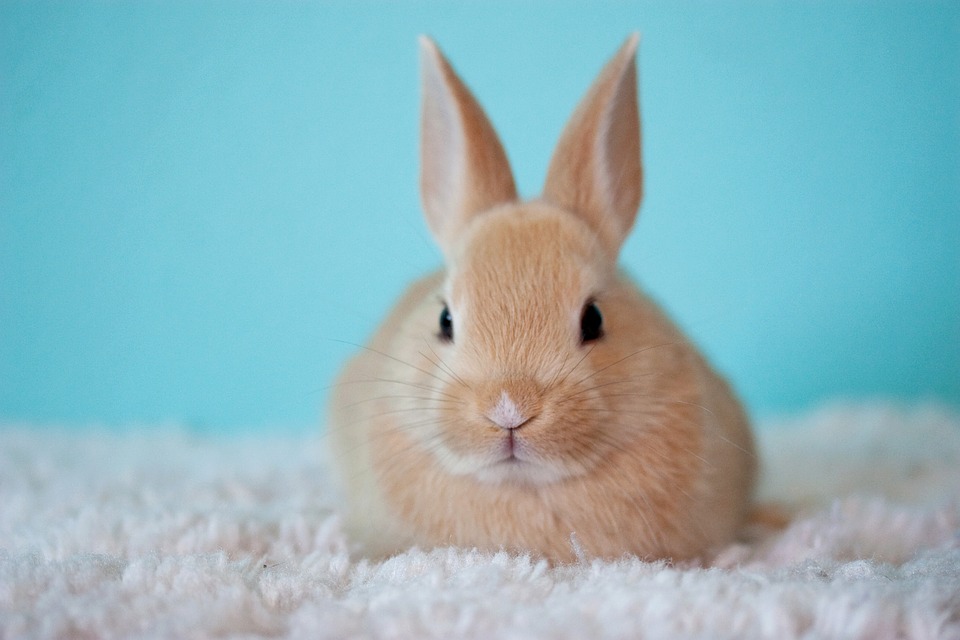No beauty product should come at the expense of an animal’s life. That was the principle The Body Shop was founded upon in 1976 — a pledge that defines much of the contemporary population’s perspectives on animal cruelty. “It seemed to me then, and it still seems to me cruel and totally unacceptable to sacrifice animals for human vanity,” said founder Anita Roddick.
You should be able to slather your body with thick coconut butter or soak in a bath filled with rose petal foam without harming anyone but your flatmate dying to retrieve their toothbrush. In fact, an end to testing beauty products on animals is an achievable possibility. That’s why it’s immensely sad to acknowledge that in 2018 animals are still being tested on in 80 percent of countries on the planet.
While it is incredibly rare for cosmetics to be trailed on monkeys and dogs, smaller animals like mice, guinea pigs, rabbits and rats are regularly experimented on. They are shaved, injected and force-fed in order to reveal whether products cause inflammation, itchiness, eye corrosion or birth defects. It’s estimated that 500,000 rodents die in these tests every year throughout the world. Animal testing might be outlawed in India, Norway, South Korea, New Zealand and the whole of Europe, but the practice continues frequently elsewhere. In China animal testing is not only legal, but it’s actually required for cosmetics to be imported or sold in the country.
Anita Roddick may have passed away in 2007, but her legacy remains today. Since launching its #ForeverAgainstAnimalTesting campaign in 2017, The Body Shop and Cruelty Free International have gathered 7 million signatures from people who want to see animal testing destroyed. With these millions of combined voices, they hope to shift opinions at the United Nations. “We need one law that everyone subscribes to,” said Jessie Macneil-Brown, Head of Campaigns for The Body Shop. “We have people in our regulatory departments, and they don’t want to be dealing with different regulations and different types of this ban in 70 different countries.”
Not only is the practice of animal testing immensely brutal, expensive and generally untranslatable to human bodies because of our entirely different DNA, but there are existing alternatives. These include sophisticated tests which use human cells and tissues (also known as in vitro methods), advanced computer-modelling techniques (often referred to as in silico models), and studies with human volunteers, which fulfil the same purpose, often, to a higher standard.
“By refusing to recognise animals as sentient beings capable of feeling sad and happy or bruised and scarred, politicians made it increasingly possible for animals to be tested upon again in Britain.”
In 2009, the European Union’s ban on animal testing makeup ingredients erased the practice across the UK. With Brexit underway, however, activists worry that Britain’s stance on the issue may be disrupted. In some ways it already has: in November of last year, members of the public were angered when MPs voted not to incorporate the part of an EU treaty which recognised that animals can feel emotion and pain into their EU Withdrawal Bill. This bill translates aspects of EU legislation into UK law to ensure a smooth transition the day after Brexit, so the whole of society doesn’t totally collapse. By refusing to recognise animals as sentient beings capable of feeling sad and happy or bruised and scarred, politicians made it increasingly possible for animals to be tested upon again in Britain.
Then Secretary of State, Michael Gove, has denied that animals would be hurt by the government’s decision. Instead, he claimed their intention was to secure animal rights to a level that goes beyond those that EU regulations currently permit, stating that “voting against the amendment was not a vote against the idea that animals are sentient and feel pain — that is a misconception”.
Yet, while they are the people supposedly formulating it, MPs don’t appear to understand what is going into the EU Withdrawal Bill. Add to that the fact that Theresa May’s cabinet is apparently dissolving and the Brexit deal seems to have turned into this indistinguishable murky swamp, nobody — not even people with proper law degrees and stuff — can confidently decipher what’s going on. How all of this will impact any animal rights is lip-gnawingly unclear.
A global ban on animal testing is increasingly necessary so that the future of animals in the UK is secured regardless of the Brexit deal. No mice should be caged up so we can rip charcoal pore strips off our noses. Vanity might be fun to indulge in, but it should never come at the cost of animal suffering.
